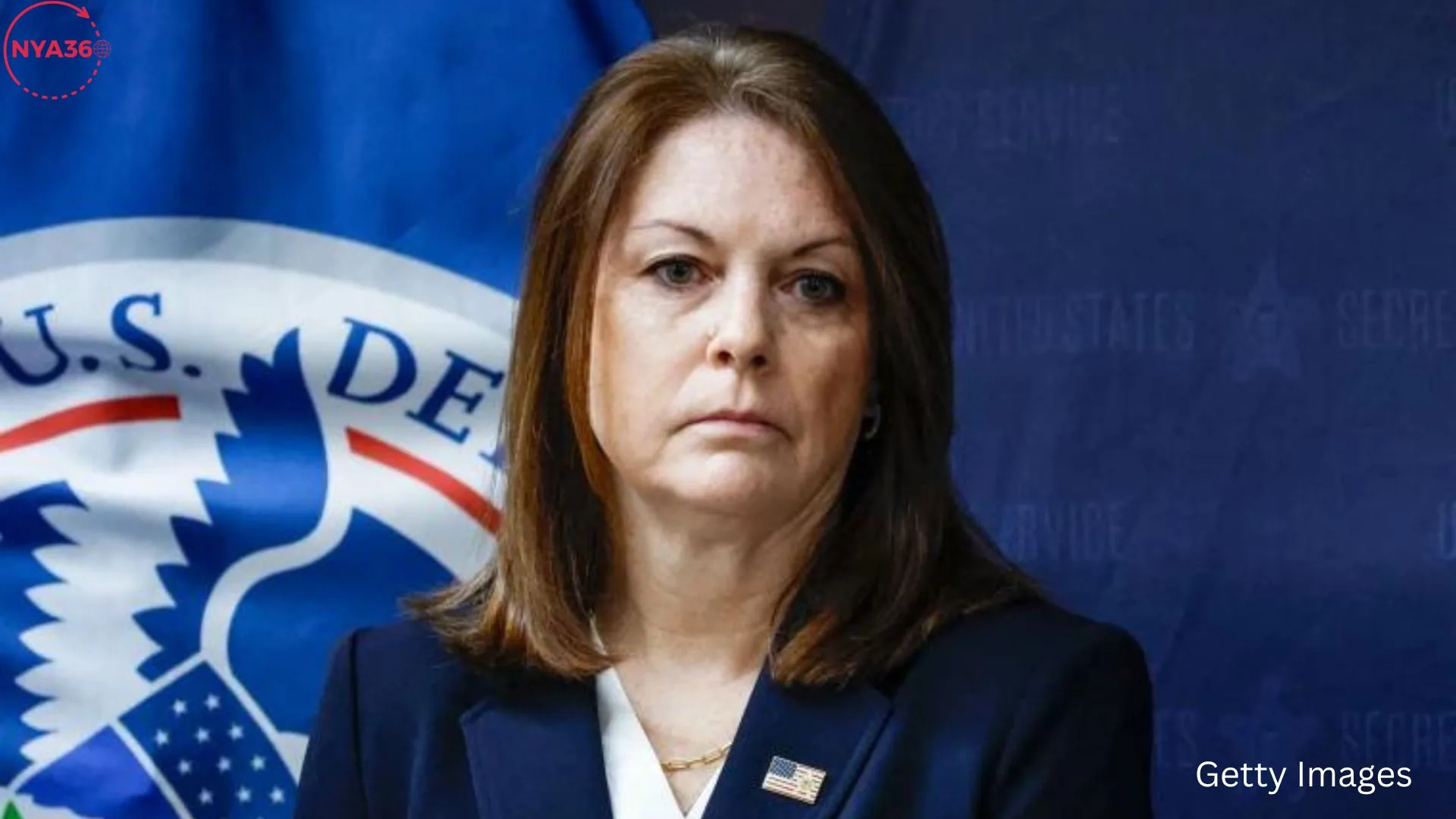The House Committee on Oversight and Accountability Chairman, James Comer, has issued a subpoena to Secret Service Director Kimberly Cheatle, highlighting the increasing scrutiny of the U.S. Secret Service. This measure responds to Chairman Comer’s characterization of the Department of Homeland Security (DHS) and the Secret Service as consistently uncooperative and lacking in transparency. The subpoena, as outlined in a news statement from the House Oversight Committee, was issued in response to a sequence of promises and subsequent changes of plans regarding Director Cheatle’s presence at a scheduled hearing. At first, the Secret Service had agreed to allow Cheatle to participate, but this decision was changed after intervention by officials from the Department of Homeland Security (DHS).
Chairman Comer emphasized that the sudden change and the following lack of response from DHS were significant reasons for issuing the subpoena. “The absence of openness and refusal to collaborate with the Committee by both DHS and the Secret Service raises doubts about your competence to lead the Secret Service. This requires the attached subpoena to compel your presence before the Oversight Committee,” Comer stated.
This occurrence is not merely a procedural conflict but also gives rise to more extensive apprehensions regarding the management and operational openness within the Secret Service. The agency, tasked with safeguarding national leaders and fortifying vital national security infrastructure, has traditionally functioned with a level of secrecy. Nevertheless, this latest incident indicates possible problems in the company’s internal communication and its ability to respond to governmental monitoring. Comer’s comment reveals a notable lack of trust in Cheatle’s leadership, particularly considering the involvement of DHS, which he implies has hindered the Committee’s ability to efficiently carry out its oversight responsibilities. This scenario has negatively impacted the agency’s management and may have consequences for its operational integrity and public trust.
Oversight advocates find the Department of Homeland Security’s role in changing the Secret Service’s initial commitment to the hearing especially concerning. The Department of Homeland Security (DHS), which has authority over the Secret Service, is being accused of obstructing the Committee’s attempts to collect vital information. The exact reasons behind the decision to alter Director Cheatle’s attendance by the Department of Homeland Security (DHS) are not known, but the absence of communication and openness has intensified the strain between the legislative body and the executive branch.

Some perceive this action by the Department of Homeland Security (DHS) as an effort to protect the Secret Service from potentially uncomfortable investigations, which could reveal vulnerabilities or shortcomings within the agency. These activities weaken the fundamental principle of accountability that congressional monitoring is intended to guarantee.
The issuance of a subpoena to Director Cheatle represents a crucial milestone in the House Oversight Committee’s endeavors to acquire essential information and establish responsibility within the Secret Service. If Cheatle adheres to the subpoena, her testimony has the potential to illuminate the internal workings of the Secret Service and the involvement of the Department of Homeland Security in the agency’s recent activities. Chairman Comer has stressed the importance of this evidence in upholding the integrity of the Secret Service and preserving its transparent and efficient operation. The study conducted by the Committee aims to completely address these concerns, to restore confidence in the leadership and functioning of the organization.
This circumstance is not unprecedented. The supervision of federal agencies by Congress is an essential element of the system of checks and balances in the U.S. government. Throughout history, conflicts between Congress and executive branch agencies on transparency and accountability have frequently arisen, resulting in the issuance of subpoenas and occasionally culminating in legal disputes to ensure adherence.

The current situation, where there is tension between the House Oversight Committee and DHS, brings attention to the persistent difficulties in achieving efficient oversight of influential government agencies. The result of this subpoena and subsequent hearings might have long-term consequences for the relationship between Congress and the executive branch, specifically in terms of how federal agencies handle legislative inquiries.
The subpoena issued by Chairman Comer to Secret Service Director Kimberly Cheatle signifies a notable escalation in the House Oversight Committee’s endeavors to ensure the Secret Service’s responsibility. The intervention of DHS in modifying the original arrangement for Cheatle’s testimony has generated significant apprehensions over the transparency and leadership inside the agency. The Committee’s ongoing efforts to hold the Secret Service accountable will influence the way the people perceive the agency’s activities and the larger issue of how transparent and cooperative the executive branch is with legislative scrutiny. If Cheatle complies with the subpoena, the hearing will be a crucial time for gaining insight into the internal operations and difficulties encountered by the Secret Service. It has the potential to result in significant reforms in the agency’s functioning and the level of accountability it has to Congress.
Follow us on social media: Instagram, Threads & Twitter X @nya360_ YouTube & Facebook @nya360.





